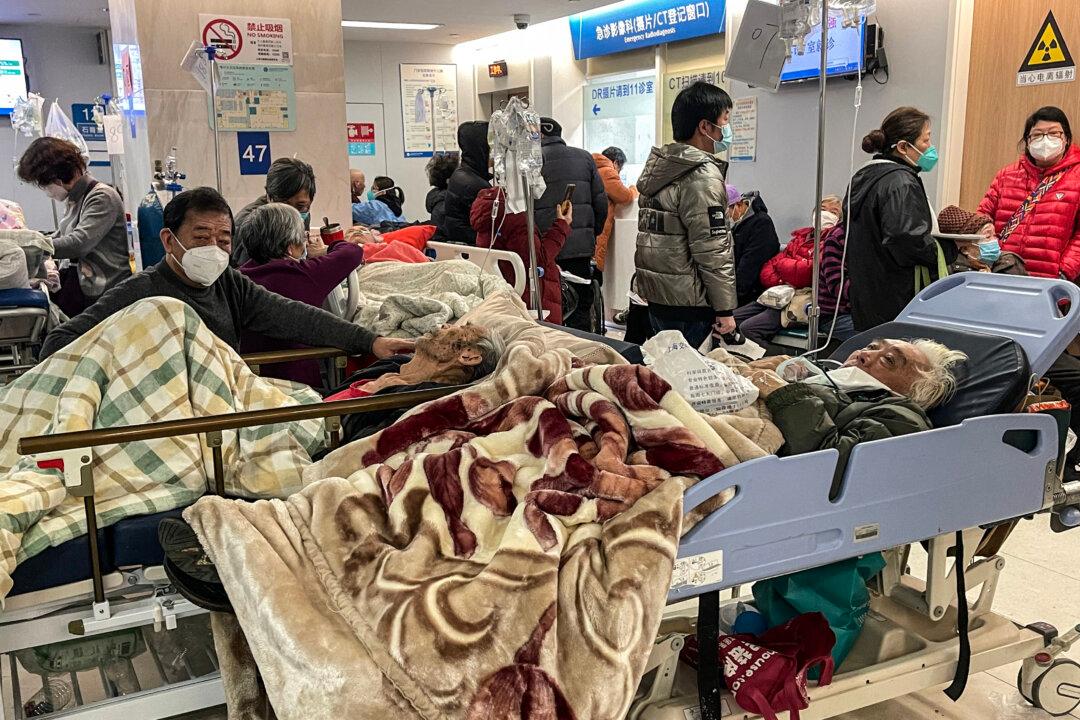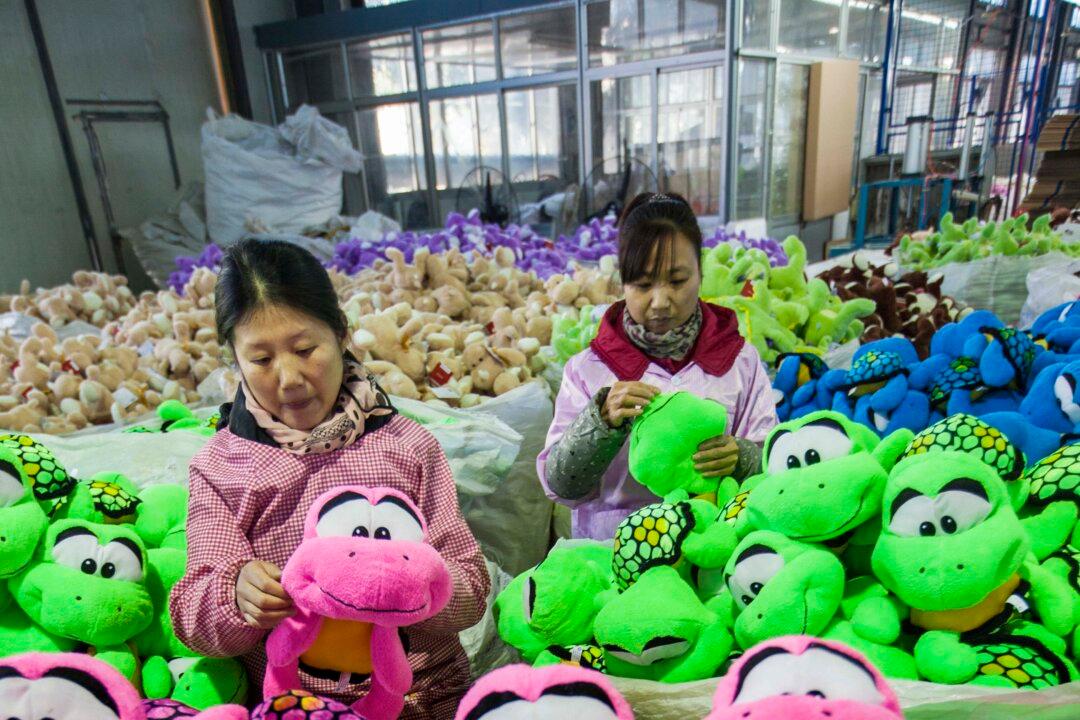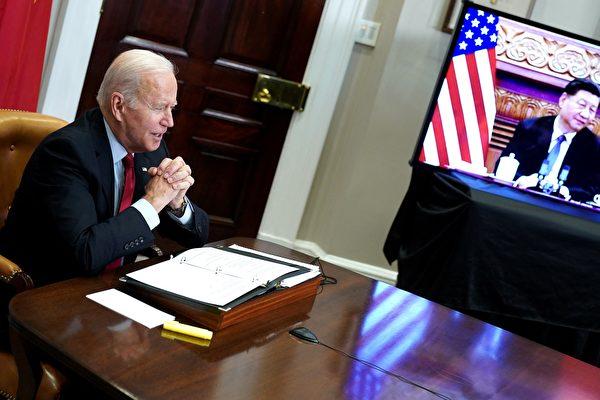Luo Qi, a well-known journalist, died after an illness in December of last year, her mother said in a statement.
The death of Ms. Luo, 36, came as an outbreak of pneumonia struck a large number of Chinese, including children, in recent months, overwhelming hospitals and recalling memories of COVID outbreaks.




